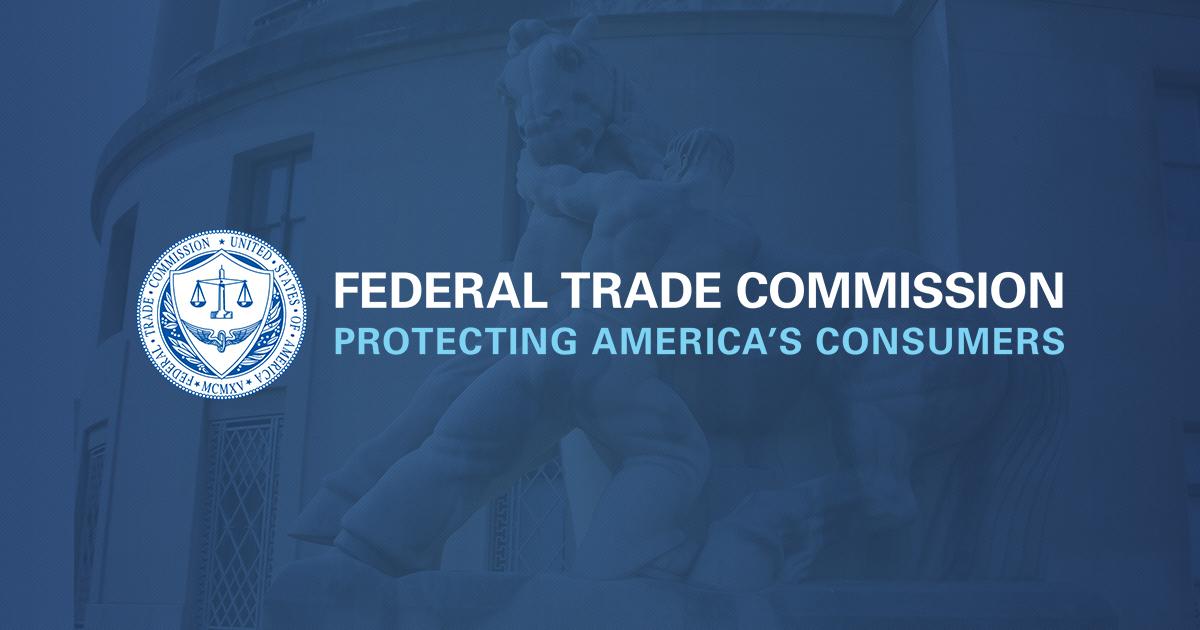Understanding the Balance Between Competition, Privacy, and Security
Amidst concerns over anticompetitive behavior, companies sometimes defend their refusal to allow product and service interoperability with others by citing privacy and security concerns. Given its dual role in upholding both competition and consumer protection laws, the Federal Trade Commission (FTC) is in a unique position to assess the validity of claims surrounding privacy and data security as they relate to competitive practices.
The Interplay and Advantages of Interoperability, Privacy, and Security
The FTC recognizes the numerous advantages of interoperability. Indeed, much of the seamless technological interaction we experience daily hinges on interoperability. For instance, web pages load on different browsers, emails work between various providers, and peripheral devices like keyboards and mice are universally connectible irrespective of the computer brand. Additionally, interoperability can broaden consumer choice and make it easier to switch between different products, ultimately stimulating competition.
Moreover, the FTC’s previous endeavors underscore the critical importance of digital privacy and security. Over the past two decades, utilizing its authority conferred by the FTC Act and other statutes, the agency has initiated hundreds of actions against companies that have violated privacy and data security guidelines. Examples include unauthorized sharing of health-related information, distribution of sensitive television viewing data, and the failure to adopt adequate security measures to protect personal data such as Social Security numbers.
FTC’s Approach to Claims Hindering Competition for Privacy and Security
While certain privacy and security measures might hinder interoperability, they can, in many contexts, exist alongside and even enhance each other. The FTC maintains that interoperability can sometimes bolster privacy and security protocols.
Reflecting on the FTC’s ‘Nixing the Fix’ Report of 2021, the agency has observed that manufacturers could argue that restricting competition is necessary for upholding privacy and data security. However, the FTC emphasizes that such claims should be thoroughly examined case by case and dismissed if they are merely an excuse for anticompetitive behavior.
Similarly, during the FTC’s 2020 workshop ‘Data to Go,’ experts discussed the significance of discerning when companies use security claims to mask anticompetitive tactics. The FTC is adept at considering the relationship between privacy, security, and anticompetitive conduct. The agency continues its aggressive law enforcement to maintain a competitive marketplace that encourages new entrants, competition among products, and the safeguarding of consumer’s digital privacy and security. It utilizes its full suite of tools to identify and diligently investigate claims that suggest interoperability restrictions are required for privacy or security.
Where dominant market actors invoke privacy and security to justify non-interoperability and thereby suppress competition, the FTC will carefully review such claims to determine their legitimacy and ensure they are not a pretext for anticompetitive practices. Additionally, the FTC assesses if the solutions proposed are the least restrictive to minimize any anticompetitive impact
Read More

